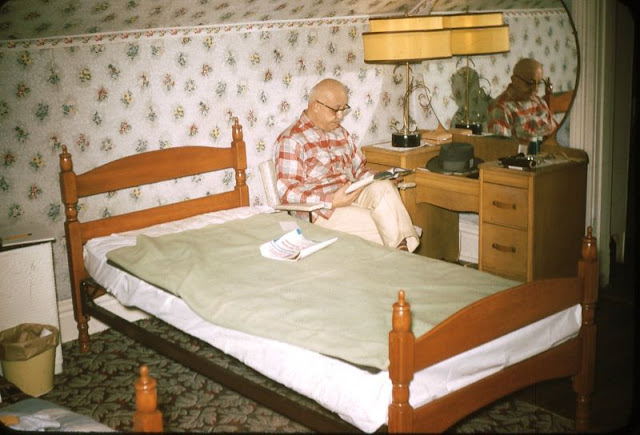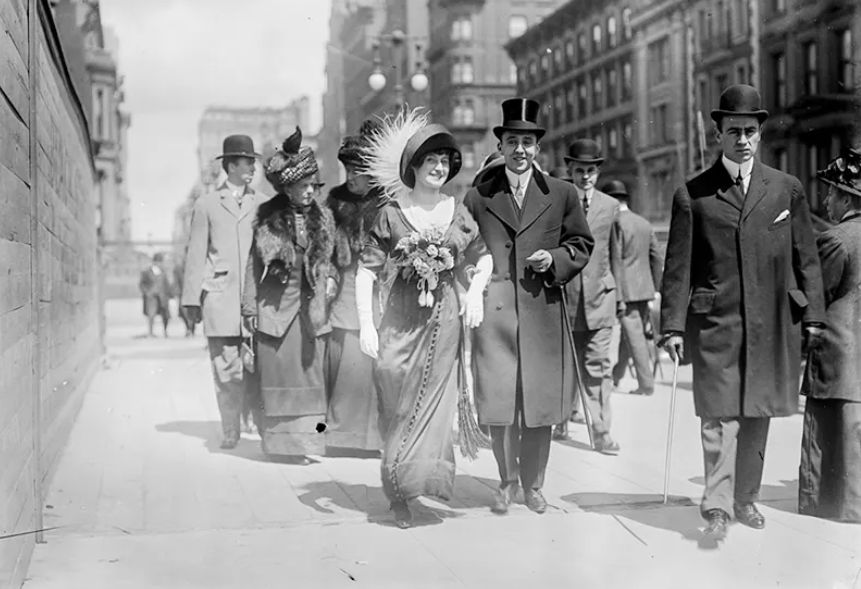Clark Gable, often referred to as the "King of Hollywood," was a charismatic and legendary figure in the golden age of cinema. Born on February 1, 1901, in Cadiz, Ohio, Gable's journey from a modest upbringing to becoming one of the most iconic and beloved actors in the history of film is a story of talent, perseverance, and undeniable charm. Throughout his illustrious career, he left an indelible mark on the entertainment industry and became an enduring symbol of Hollywood's glamour and allure. In this article, we will delve into the life, career, and legacy of the remarkable Clark Gable.
Early Life and Career Beginnings

Clark Gable was born on February 1, 1901, in Cadiz, Ohio, to William Gable and Adeline Gable. His father was an oil well driller, and his mother passed away when Clark was just ten months old. He was raised by his father and maternal grandmother on a farm, where he developed a love for the outdoors and horses.
After graduating from high school, Gable worked in various jobs, including a stint at an Akron tire factory. However, he always harbored a dream of becoming an actor. In pursuit of this dream, he enrolled at the Pasadena Playhouse in California to study acting.
Early Acting Career
Gable's early acting career was characterized by perseverance and determination. He appeared in numerous stage productions and worked as an extra in silent films before landing his first speaking role in the 1931 film "The Painted Desert." Despite this early success, Gable's breakthrough role came in 1931 when he starred opposite Joan Crawford in "Dance, Fools, Dance," a film that propelled him to stardom.
The Rise to Stardom

In 1934, Gable's career reached new heights when he was cast as Rhett Butler in "Gone with the Wind," one of the most celebrated films in cinematic history. His portrayal of the dashing and charismatic Rhett Butler opposite Vivien Leigh's Scarlett O'Hara earned him critical acclaim and solidified his position as a leading man.
"Gone with the Wind" went on to become a massive box office success and won numerous awards, including eight Academy Awards. Gable's performance in the film earned him an Academy Award nomination for Best Actor, further cementing his status as one of Hollywood's top stars.
The King of Hollywood

Throughout the 1930s and 1940s, Clark Gable reigned as the "King of Hollywood," a title bestowed upon him for his incredible popularity and commanding presence on the screen. He appeared in a string of successful films, including "Mutiny on the Bounty" (1935), "San Francisco" (1936), and "Test Pilot" (1938).
Gable's on-screen persona was that of a rugged, no-nonsense leading man with a hint of vulnerability. He was often cast in roles that showcased his charm and charisma, and his unique blend of sensitivity and toughness made him irresistible to audiences.
Memorable Roles and Awards

In addition to "Gone with the Wind," Clark Gable delivered several other memorable performances that further solidified his status as a legendary actor. In 1934, he starred in "It Happened One Night" alongside Claudette Colbert, a romantic comedy that won five Academy Awards, including Best Picture and Best Actor for Gable.
His role as Fletcher Christian in "Mutiny on the Bounty" earned him another Academy Award nomination for Best Actor in 1936. Gable's portrayal of the strong-willed naval officer showcased his versatility as an actor and added to his impressive filmography.
Personal Life and Romances

Off-screen, Clark Gable's personal life was marked by several high-profile romances and marriages. He married five times, and his most notable marriage was to the actress Carole Lombard. The couple had a loving and passionate relationship, but their happiness was tragically cut short when Lombard died in a plane crash in 1942.
Gable also served in the U.S. Army Air Forces during World War II, rising to the rank of Major. He was involved in combat missions and earned several awards for his military service.
Later Career and Legacy

As the 1950s rolled in, the Golden Age of Hollywood began to wane, and Gable's popularity started to decline. However, he continued to appear in films and delivered memorable performances in movies such as "Mogambo" (1953) and "Teacher's Pet" (1958).
Tragically, on November 16, 1960, Clark Gable suffered a heart attack and passed away at the age of 59. His death marked the end of an era in Hollywood, leaving behind a legacy of excellence, charisma, and timeless performances.
The Legacy of "The King of Hollywood"

Clark Gable's legacy as "The King of Hollywood" endures to this day. He remains an influential figure in the history of American cinema and an enduring symbol of classic Hollywood glamour. His charisma, talent, and versatility continue to inspire generations of actors and filmmakers.
"Gone with the Wind," in which Gable delivered one of the most iconic performances in film history, remains a timeless classic. The film's popularity endures, and his portrayal of Rhett Butler remains a cultural touchstone for romance and charm on the big screen.
Conclusion

Clark Gable, "The King of Hollywood," was more than just an actor. He was an iconic figure who embodied the spirit of classic American cinema. With his rugged good looks, charisma, and natural talent, Gable captivated audiences worldwide and left an indelible mark on the history of film.
His legacy as a legendary actor, the epitome of masculinity, and a symbol of Hollywood's golden age remains intact. From his breakout role in "Gone with the Wind" to his enduring status as an iconic figure in American cinema, Clark Gable's contributions to the film industry and the world of entertainment will continue to be celebrated and cherished for generations to come.



